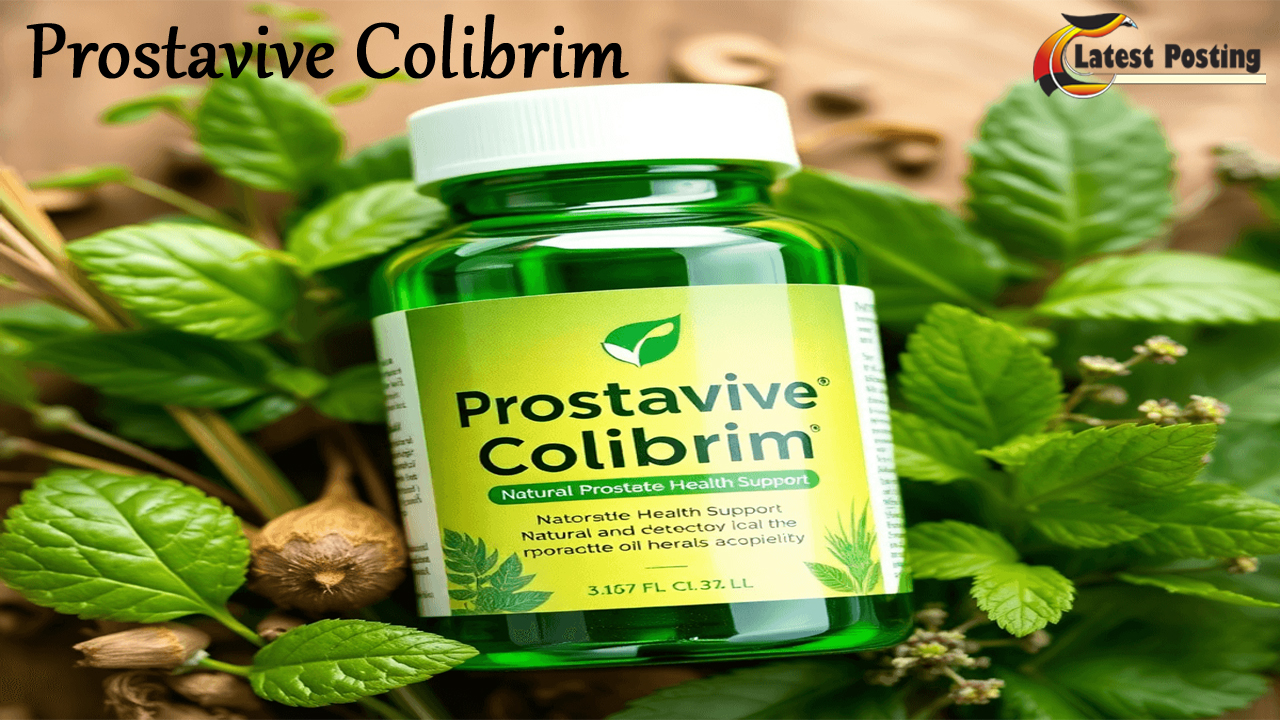Hemp seed oil has gained attention for its numerous health benefits. Packed with essential fatty acids, it promotes skin health, supports heart function, and provides anti-inflammatory properties. As people turn to natural solutions for everyday problems, the curiosity about does hemp seed oil repel carpenter bees has emerged.
Carpenter bees can be a nuisance for homeowners due to their nesting habits in untreated wood. This leads many to explore whether hemp seed oil could serve as a natural repellent against these buzzing visitors.
In this article, we will delve into the potential of hemp seed oil in deterring carpenter bees. Additionally, we will discuss alternative natural methods for pest control that might help keep these bees at bay while maintaining an eco-friendly approach in our gardens.

Understanding Carpenter Bees
Carpenter bees are fascinating creatures that often go unnoticed due to their solitary nature. Their physical characteristics make them quite distinct:
- Size: They are larger than most bees, measuring around 1 inch in length.
- Coloration: Typically, they possess a shiny black abdomen with minimal hair, which sets them apart from bumblebees that have fuzzy bodies.
These bees exhibit unique nesting habits, primarily favoring untreated softwoods like cedar and pine. They prefer weathered wood that is easy to burrow into. Here’s how they create their homes:
- Boring Holes: Carpenter bees tunnel into wood to form nests, creating smooth, circular entrances.
- Chamber Formation: Inside the wood, they construct separate chambers for laying eggs.
Though they can cause minor structural damage over time, it’s essential to recognize their vital role as pollinators in our ecosystem. Carpenter bees contribute significantly to the pollination of various plants, including flowers and crops. By visiting blossoms for nectar, they facilitate reproduction in plants, helping maintain healthy gardens and ecosystems.
Understanding carpenter bee behavior and nesting preferences allows us to appreciate their ecological importance while seeking ways to manage their presence around our homes.

Hemp Seed Oil: A Potential Natural Solution?
Hemp seed oil is derived from the seeds of the hemp plant, known for its rich nutritional profile. Packed with essential fatty acids, vitamins, and minerals, it’s celebrated for various health benefits. But what about its potential as a natural insect repellent?
How Hemp Seed Oil May Help Against Carpenter Bees
Here are two ways in which hemp seed oil might be beneficial:
- Insect Repellent Properties: Hemp seed oil contains compounds that may deter certain insects. While not widely recognized specifically for carpenter bees, its properties might help in creating an unfriendly environment for pests.
- Moisturizing Qualities: Beyond repelling insects, hemp seed oil is an excellent moisturizer. This can be beneficial when applied to wood surfaces, potentially making them less appealing to carpenter bees seeking nesting sites.
Although scientific studies focusing on hemp seed oil’s effectiveness against carpenter bees are limited, its natural composition continues to spark interest among those exploring eco-friendly pest control methods. The journey into natural solutions is just beginning.
The Effectiveness of Hemp Seed Oil Against Carpenter Bees
When it comes to hemp seed oil vs carpenter bees, the conversation often leads to a noticeable gap in research. There are limited scientific studies that specifically investigate the effectiveness of hemp seed oil as a repellent for these curious insects. While hemp seed oil boasts many benefits, its role as a deterrent for carpenter bees remains largely unexplored in the academic world.

What Anecdotal Evidence Tells Us
Anecdotal evidence offers some insight. Gardeners and homeowners have turned to hemp seed oil in hopes of keeping carpenter bees at bay. Some have reported using it as part of their pest control routine, applying it to areas where they notice bee activity. Their experiences vary:
- Personal Stories: One homeowner shared that after applying diluted hemp seed oil around her porch, she noticed fewer carpenter bees hovering nearby.
- Mixed Results: Another individual mentioned that while the oil seemed to deter some bees, it didn’t completely eliminate their presence.
These personal anecdotes highlight the potential for hemp seed oil as a natural deterrent but also underscore that results can differ widely from one case to another.
The Importance of a Balanced Approach
The lack of scientific backing means it’s essential to approach this solution with an open mind while also considering other methods. For instance, exploring sustainable practices in gardening could provide alternative solutions. Resources like Sustainable Market Farming offer valuable insights into environmentally friendly pest control methods.
Moreover, understanding more about integrated pest management (IPM) strategies could be beneficial. For example, this strategic plan for fresh market brassicas provides useful information on how to effectively manage pests while minimizing harm to beneficial species.
Additionally, considering the broader implications of using products like hemp seed oil is important. The FAO document on such oils provides valuable insights into their usage and effects, which could help in making more informed decisions regarding pest control methods.
Exploring Other Natural Deterrents for Carpenter Bees
When searching for effective natural pest control methods, several alternatives have emerged, showing promise in repelling carpenter bees. Here are a couple worth considering:
1. Citrus Sprays
Carpenter bees tend to dislike strong scents, and citrus is no exception. A simple homemade spray can be made by mixing citrus peels with water or using essential oils derived from citrus fruits. The smell acts as a natural deterrent, encouraging these bees to find other nesting locations.
2. Almond Oil
This oil can serve multiple purposes in pest control. While it may not actively repel carpenter bees, it can be beneficial after they have vacated their nesting holes. Applying almond oil into the tunnels left behind creates an inhospitable environment for future inhabitants.
These methods not only help in managing carpenter bee populations but also align with environmentally friendly practices. Utilizing these natural solutions promotes a healthier ecosystem while minimizing harm to beneficial insects.
In addition to these options, homeowners can explore various strategies to enhance their outdoor spaces, making them less attractive to carpenter bees without compromising the natural balance of their gardens.
Integrated Pest Management Strategies for Carpenter Bee Control
Integrated Pest Management (IPM) is a comprehensive method of pest control that considers the needs of humans, the environment, and beneficial insects. This approach is based on understanding the life cycle and behavior of pests, including carpenter bees. Here are some key principles of IPM:
1. Monitoring
Regularly check for signs of carpenter bee activity. Look for their characteristic round holes in wood surfaces and listen for buzzing sounds near nests.
2. Identification
Correctly identifying carpenter bees is crucial. Unlike bumblebees, these solitary bees have shiny abdomens and prefer untreated wood for nesting. Understanding their unique nesting preferences helps target control measures effectively.
3. Prevention
The best way to manage carpenter bees is to prevent them from nesting in the first place. Implementing some of these 8 simple ways to prevent carpenter bees from moving in can be highly effective. Paint or stain wooden surfaces to deter them, and filling existing holes with putty reduces nesting opportunities.
4. Natural Deterrents
Incorporate natural repellents like citrus sprays and almond oil as part of your strategy. These options can be used alongside other methods to create a multi-faceted approach.
5. Habitat Modification
Create an environment that discourages carpenter bees. Provide alternative nesting sites away from structures, such as untreated wood blocks or bee hotels.
Combining these strategies enhances outdoor pest control solutions, minimizing reliance on chemical pesticides. By adopting an integrated approach, homeowners can effectively manage carpenter bee populations while maintaining a healthy ecosystem around their properties. For those looking to develop a more structured plan, consider following this IPM guide which provides detailed steps on implementing an effective Integrated Pest Management strategy.

Preventive Measures to Avoid Carpenter Bee Infestations
Protecting your home from carpenter bees requires a proactive approach. Here are some effective carpenter bee prevention tips:
- Paint or Stain Wood Surfaces: Applying paint or stain to untreated wood can significantly deter carpenter bees. They prefer weathered and uncoated surfaces for nesting.
- Seal Existing Holes: If you notice any existing carpenter bee holes, seal them up with putty or caulk to prevent further nesting.
- Provide Alternative Nesting Sites: Consider installing bee houses in your garden. This gives carpenter bees a designated area, keeping them away from your home.
- Maintain a Clean Yard: Regularly clear away debris and old wood piles where these bees might seek shelter.
- Choose Hardwoods: When selecting materials for outdoor projects, opt for hardwoods over softwoods, as they are less appealing to carpenter bees.
Implementing these preventive measures can help minimize the chances of an infestation while maintaining a harmonious environment.
Coexisting with Carpenter Bees: Embracing Nature’s Balance
Carpenter bees play an important role in our ecosystems. Their contributions as pollinators are often overlooked, yet they significantly help in the reproduction of many flowering plants. Understanding their benefits can help us appreciate these fascinating creatures instead of seeing them only as pests.
Why Carpenter Bees Matter
1. Pollination Powerhouses
Carpenter bees are efficient pollinators. They visit a wide variety of flowers, helping plants produce seeds and fruits, which supports local wildlife.
2. Guardians of Biodiversity
By enabling plant reproduction, carpenter bees contribute to maintaining biodiversity. A diverse garden attracts various species, enriching our environment.
Creating a balanced ecosystem involves more than just managing pests. It requires creating an environment where beneficial insects can thrive alongside us.
Tips for Keeping Peace in Our Gardens
1. Create Nesting Spaces
Allowing a small area with untreated wood can provide nesting sites for carpenter bees while minimizing their impact on structures.
2. Spread the Word
Sharing knowledge about the importance of these bees can change how people see them. Encouraging friends and neighbors to embrace cohabitation creates a more supportive community for pollinators.
By recognizing the benefits of carpenter bees, we can nurture a relationship that honors nature’s balance, resulting in healthier gardens and flourishing ecosystems.
Conclusion
As we conclude our discussion on hemp seed oil and its potential role in managing carpenter bee populations, here are a few key points to remember:
- Hemp Seed Oil Benefits: While not widely recognized as a specific repellent for carpenter bees, incorporating hemp seed oil into your pest control strategy can be beneficial alongside other natural alternatives.
- Natural Alternatives for Pest Control: Embracing natural methods, such as citrus sprays and almond oil, can create a more harmonious balance in your garden while respecting the vital role of these pollinators.




One thought on “Does hemp seed oil repel carpenter bees ?”